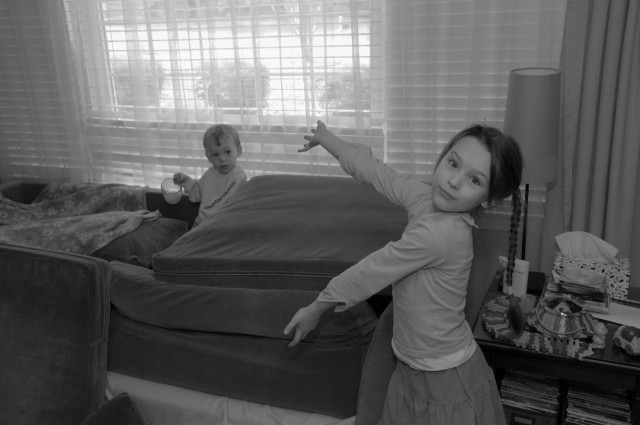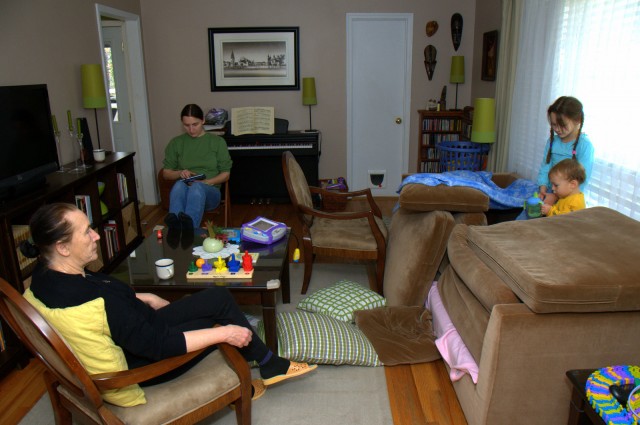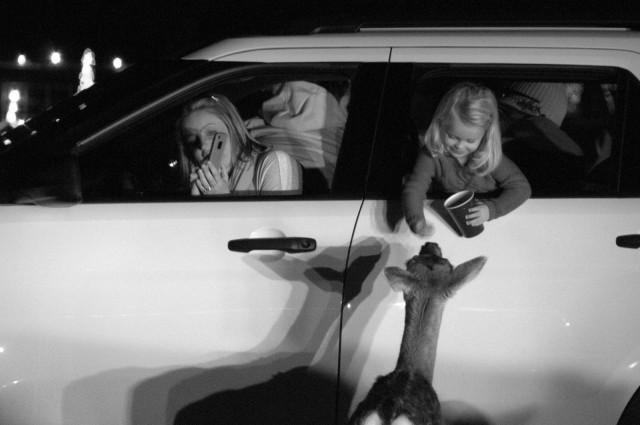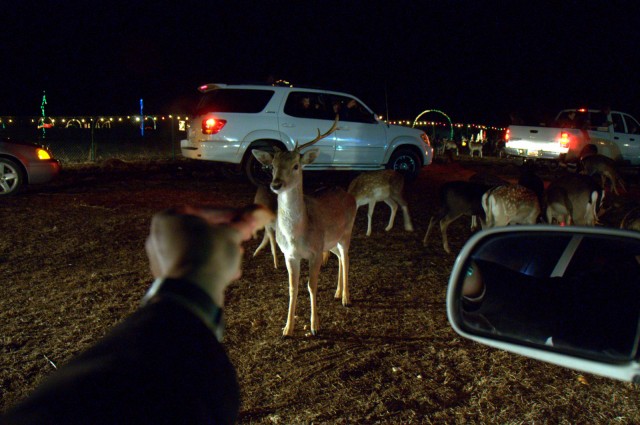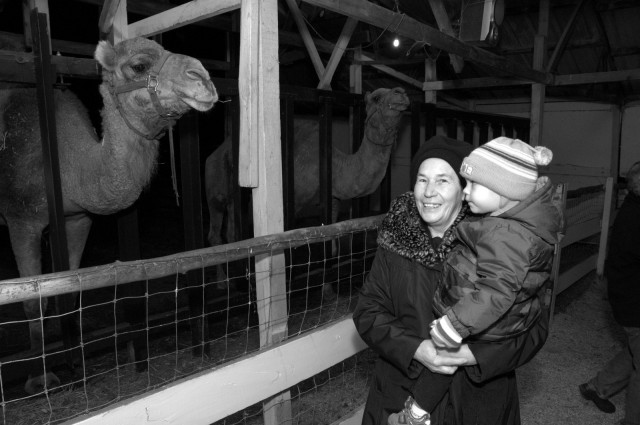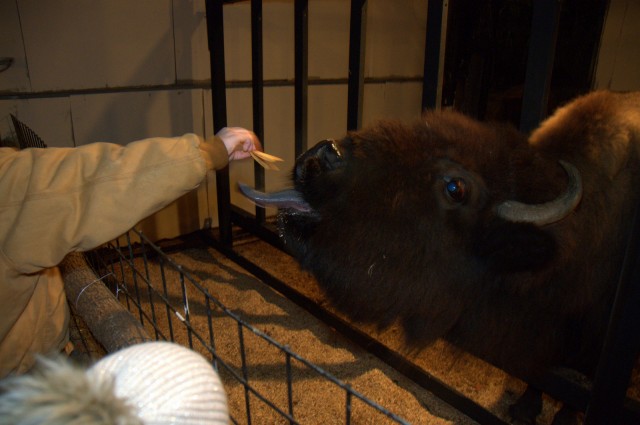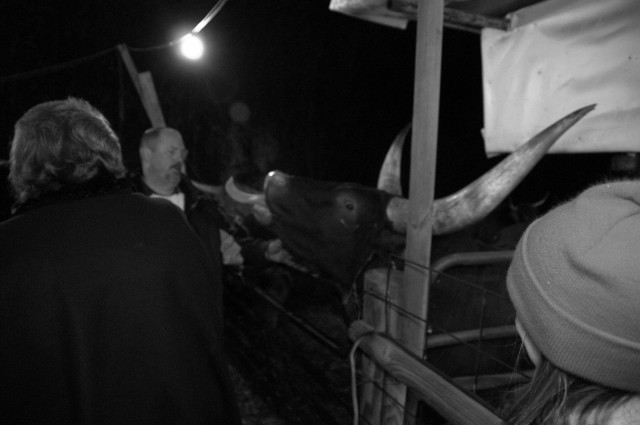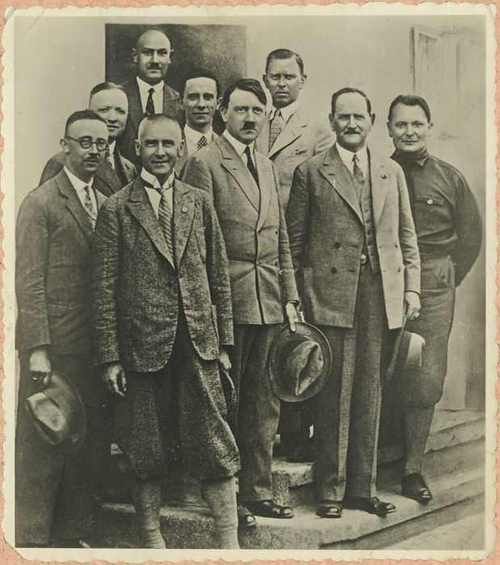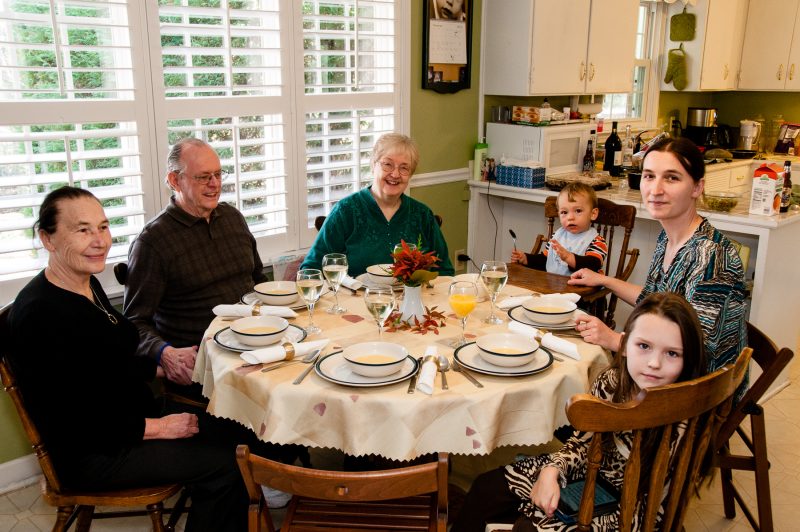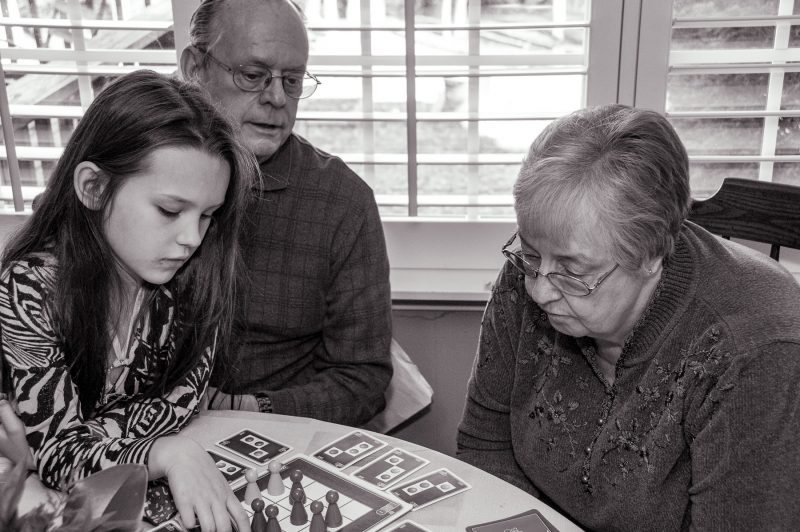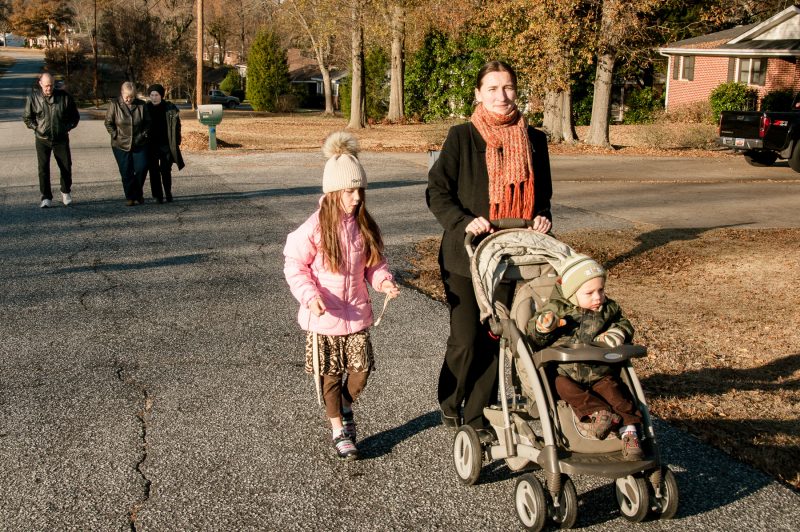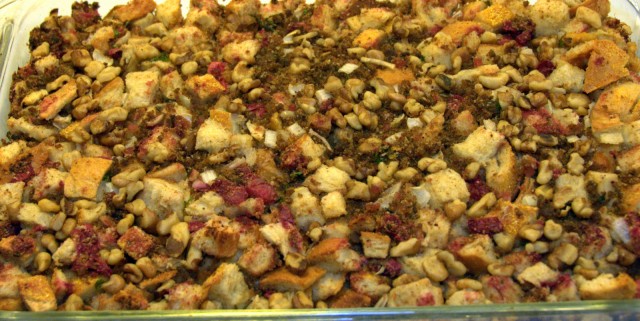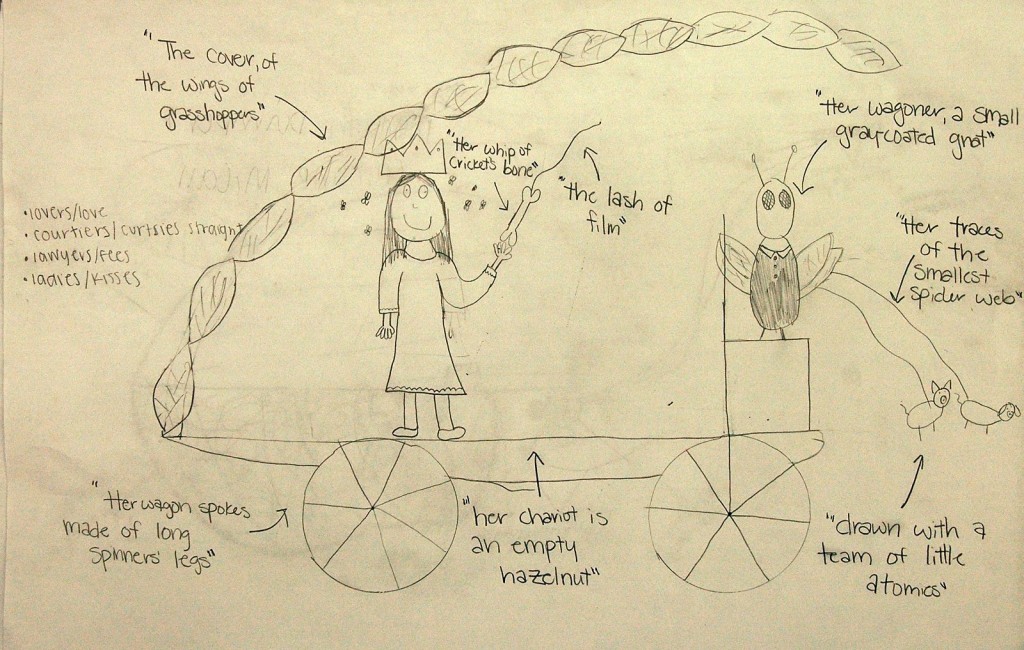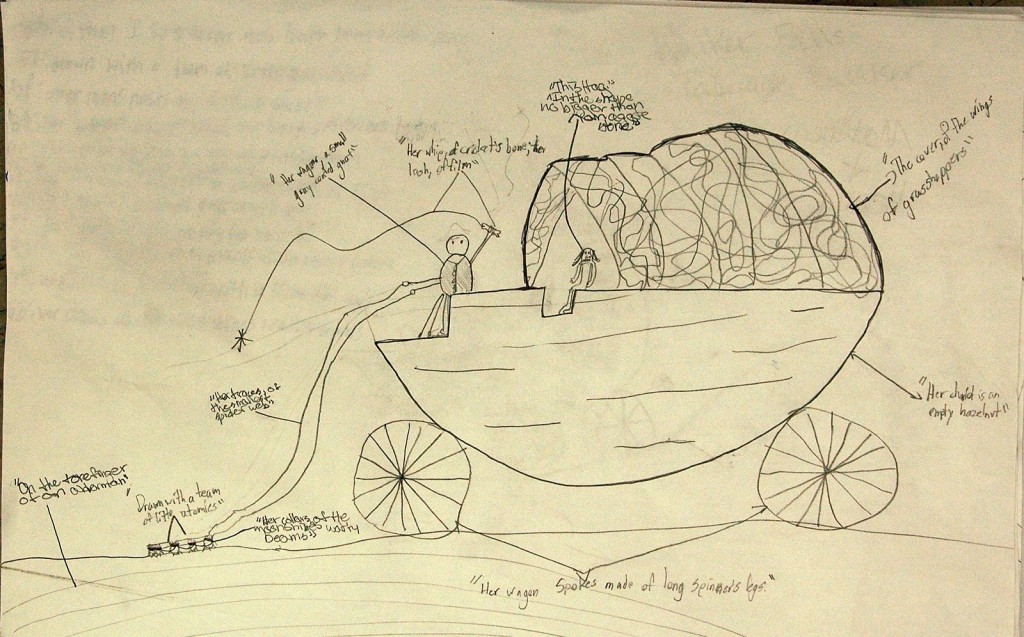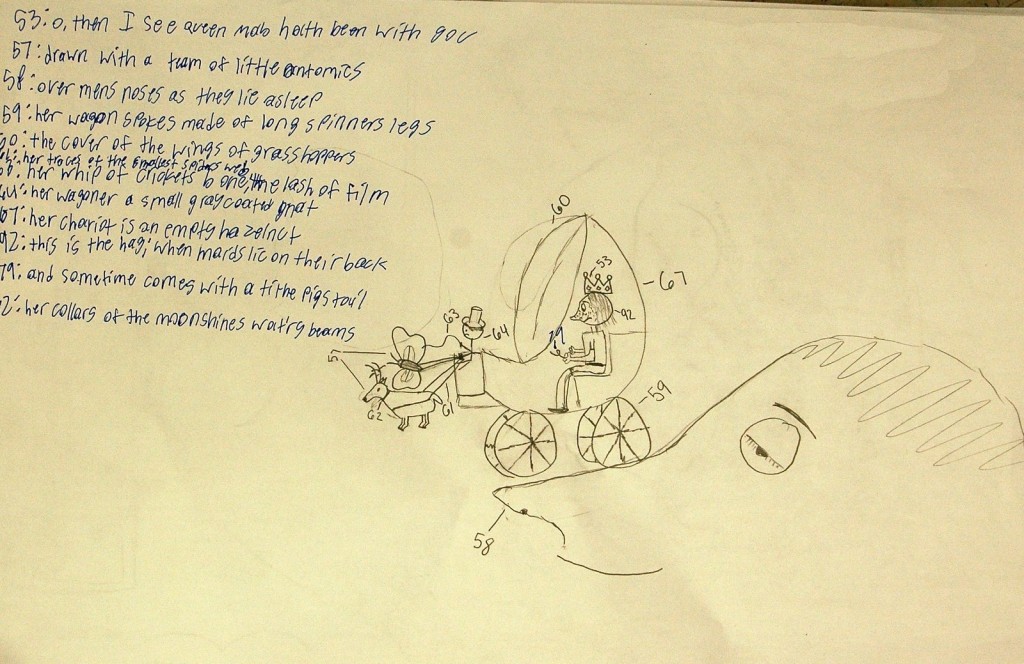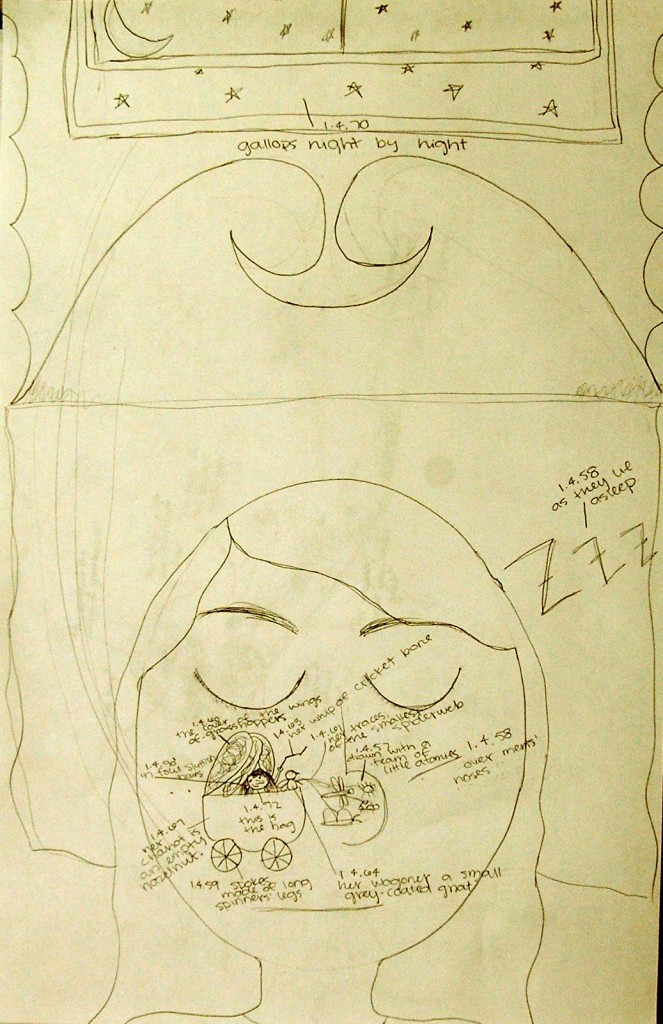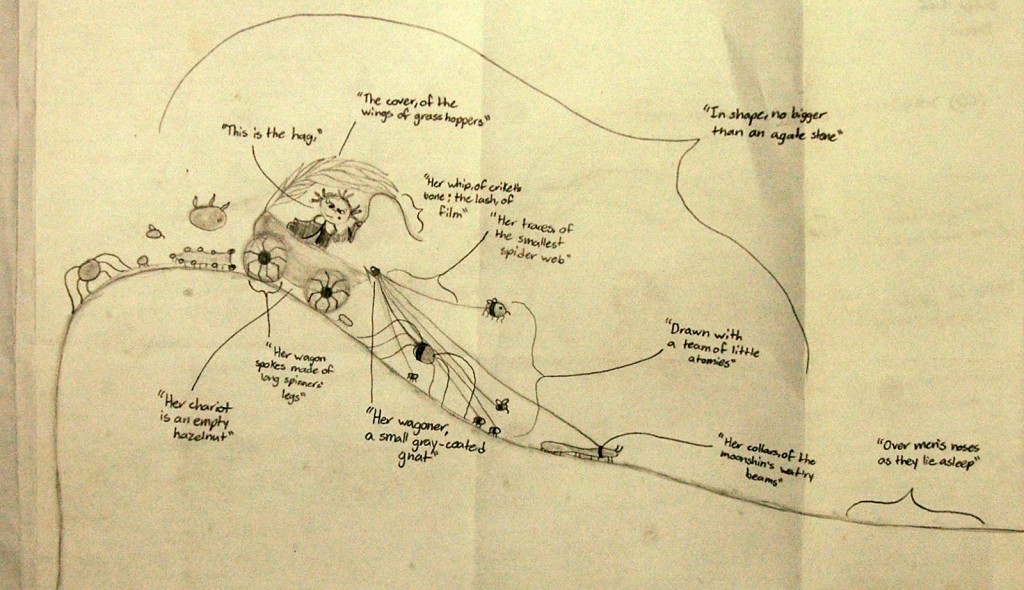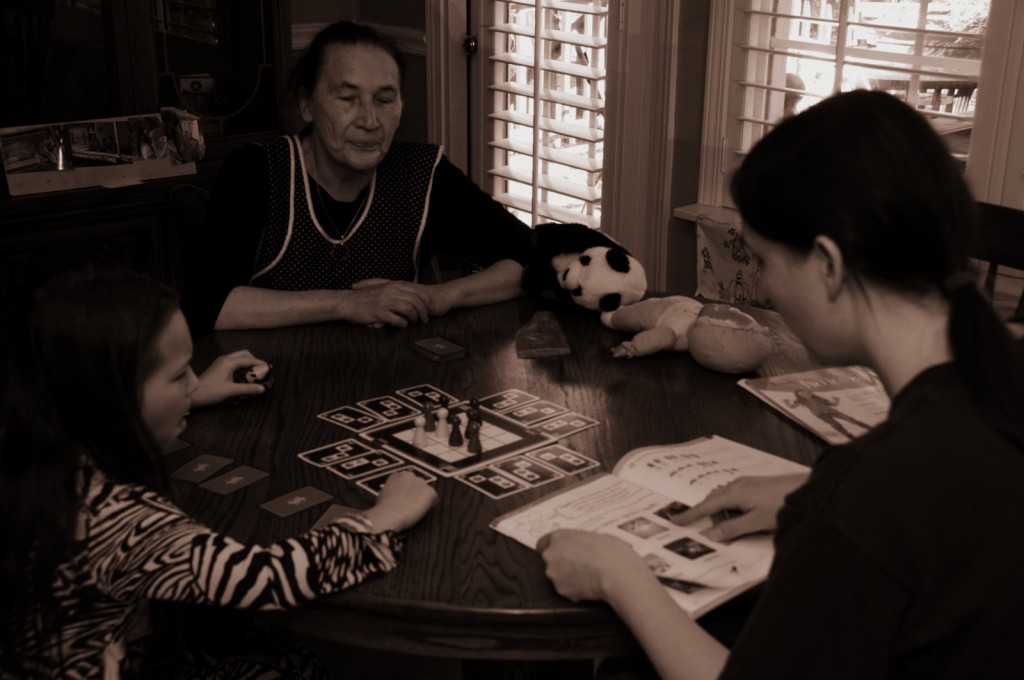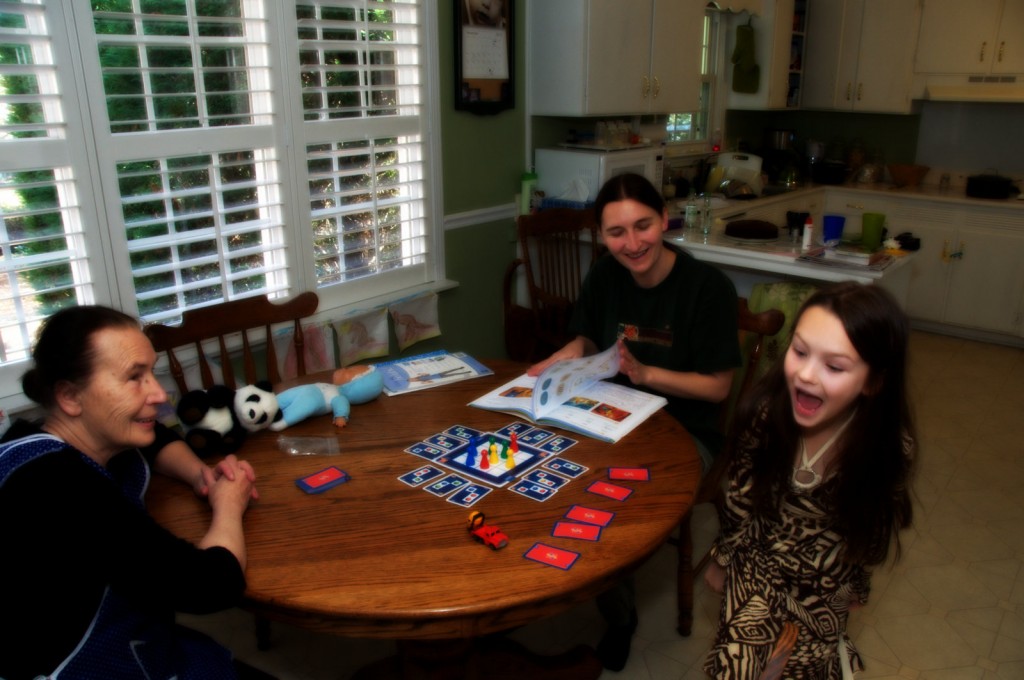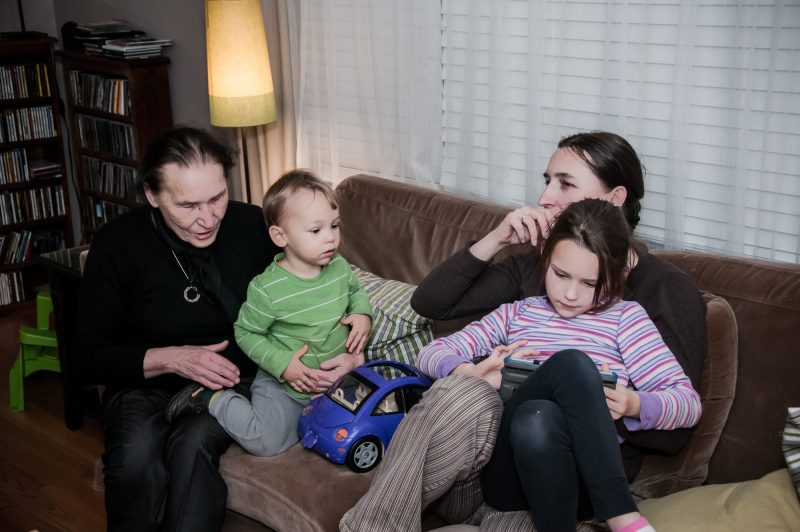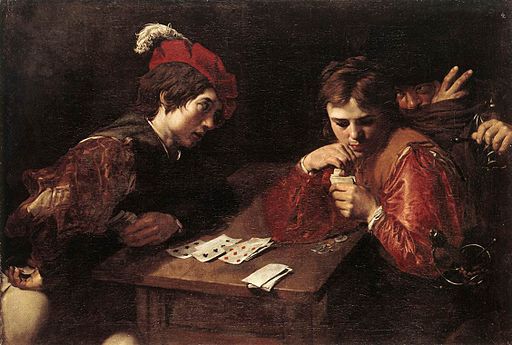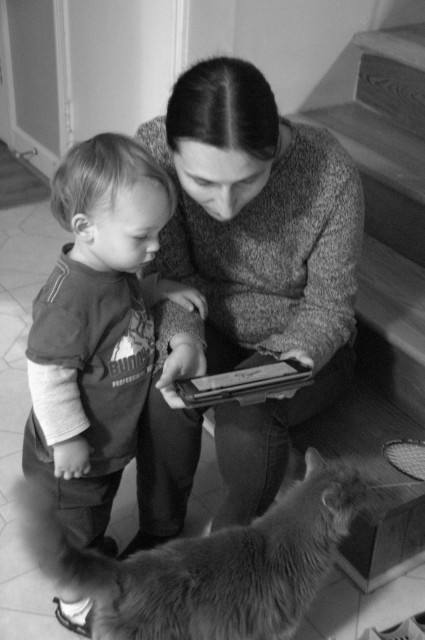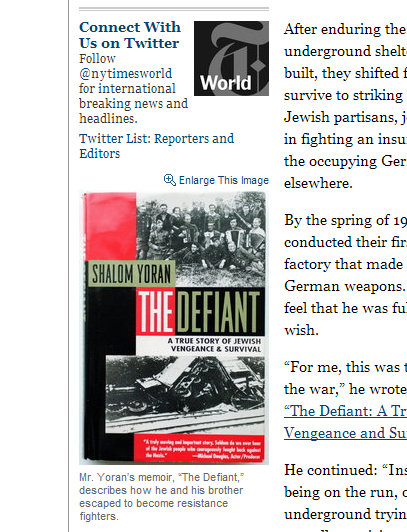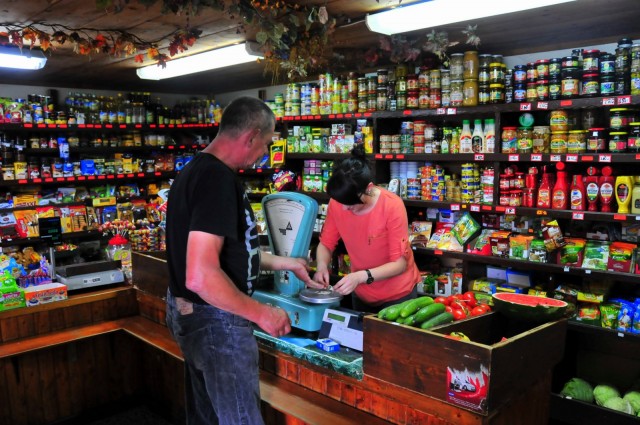The day began with Polish lessons, with Babcia taking over for this particular round. This has its advantages, to be sure, the main one being her inability to speak English. Since the Girl can’t speak Russian, the only language Babcia and L have in common is Polish, so it forces the language out of L, squeezes it out of every little necessity.
Once that was out of the way, it was playtime. The Girl’s favorite play location of late has been the livingroom couch, somewhat transformed.
“It’s a fort! An E-proof fort!”
Something tells me that this will soon be a favorite of E, as well. He certainly stayed in the “fort” for a long time, and he seemed content the whole time, as did everyone else. The OCD version of Tata, though, was going just a little crazy with the mess. Good clean fun doesn’t really exist with a six-year-old and a toddler.
In the evening, we decided it was time we finally went to Hollywild’s famous Christmas light safari (their term, not mine). We’d tried some years ago, but we’d given up and turned around after wandering about in the middle seemingly of nowhere for long enough to drive me batty.
It’s a strangely American concept: set up an incredible number of lights — snow men, rocking horses, various Christmas scenes, various winter scenes — and let people drive their cars around in the display.
“What a waste of gas!” some non-Americans (and likely some Americans as well) might suggest. “Why not get out and walk — you missed a chance for good exercise.”
And that’s probably true, but this evening was particularly cold, and the Boy would not have fared well in such cold weather: he gets sick just thinking about getting sick. No, he gets sick with anyone around him thinking that he might get sick. It’s suggestive illness.
And so we played along (as if we had a choice) and drive through the presentation, behaving perfectly cordially with all the other drivers (what a change) and patiently oohing and ahhing at all the right spots.
“Look at the reflection!” L pointed out, right before Babcia did the same in Polish. Or was it the reverse?
In the middle of the safari was the Enchanted Deer Forest, which was an odd term for the plot of muddied, treeless ground all the cars wandered about in as if they migrating animals, separated and lost from their herd.
The enchanted deer part, though, was easy to see. They clumped around cars and ate from people’s hands, walking in front of slowly-moving cars without a care.
We tried to get a few to come to our car, but the closes we came was a short, semi-attentive stare.
To get really close to the animals, we had to get out of the car and into Santa’s Village. Who knew Santa had camels and bison and strange cattle?
The Boy, though was strangely apathetic about the animals. He was much more interested in running, running, running. And falling. And running again,.
“We’ll come back in a couple of years,” K laughed as we headed back to the car, “When the Boy is interested in more than just running.”

